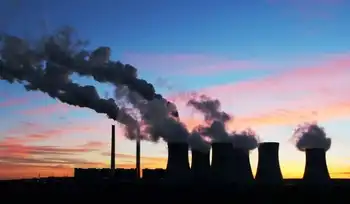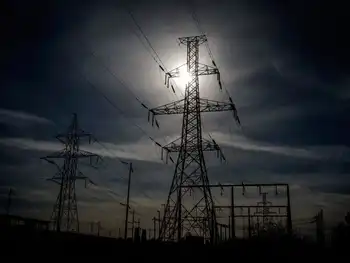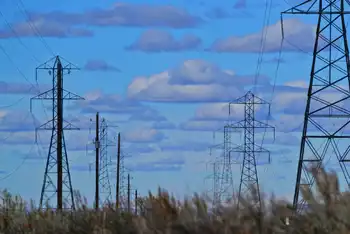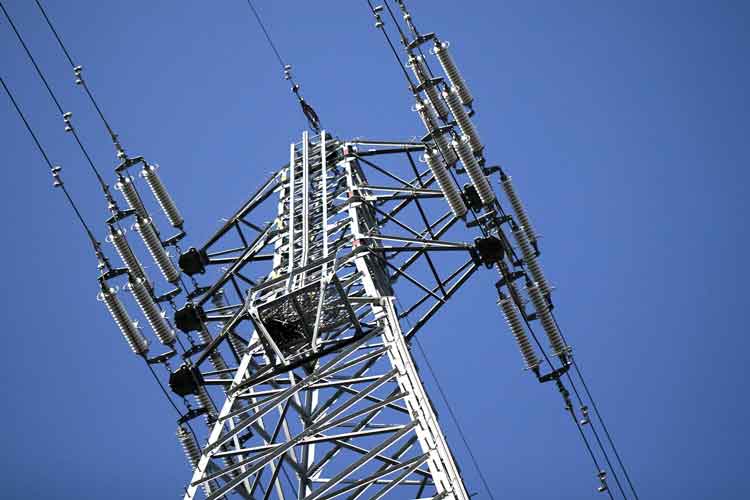Anti-turbine group ponders future role
BALTIMORE, ONTARIO - A local citizens group opposed to wind turbines is still deciding if it will get involved in the final public meeting for a solar project proposed northeast of Baltimore, says a spokesperson for the Alliance for the Protection of Northumberland Hills.
What role, if any, the citizens' group will play at the meeting has not been resolved yet, spokesman Gwyer Moore told Northumberland Today.
The group's primary focus has been opposing wind turbine farms. Last November, it and another public group against wind turbine farms attended a similar meeting held in Roseneath and hosted by Energy Farming Ontario operating as Clean Breeze Wind Park, providing literature about their concerns to large wind-to-energy installations.
Notices were recently published by Penn Energy Renewables Ltd. about the upcoming public meeting slated for the Baltimore Recreation Centre on July 7. The meeting will focus on Penn Energy Renewables' solar energy application through the environment ministry to construct a Class 3 ground-mounted solar photovoltaic facility on lands located on the southwest corner of Community Centre Road and 2700 Payne Rd. It will be in an open house format, the notice states.
Penn Energy Renewables Ltd. held a public meeting in Baltimore in August 2010 and last July provided a draft project description report at the Hamilton Township office. Information can be accessed at www.PennEnergyRenewables.com. Since then additional documentation has been provided to the office and added to the website, according to the notice.
Last July a company spokesperson said the company had turned its attention to solar projects because of the opposition it has met with wind turbine proposals elsewhere.
Related News

Ontario unveils new tax breaks, subsidized hydro plan to spur economic recovery from COVID-19
TORONTO - The Ontario government's latest plan to help businesses survive and recover from the COVID-19 pandemic includes a suite of new tax breaks for small businesses and $1.3 billion to subsidize electricity bills for industrial and commercial operations.
The new measures were announced Thursday as part of Ontario's 2020 budget, which sets new provincial records for both spending and deficit projections.
The government of Premier Doug Ford says the budget will address barriers impeding long-term growth, ensuring the province forges a path to a full recovery from the pandemic.
"When the pandemic is over, Ontario will come back with a vengeance, stronger…




